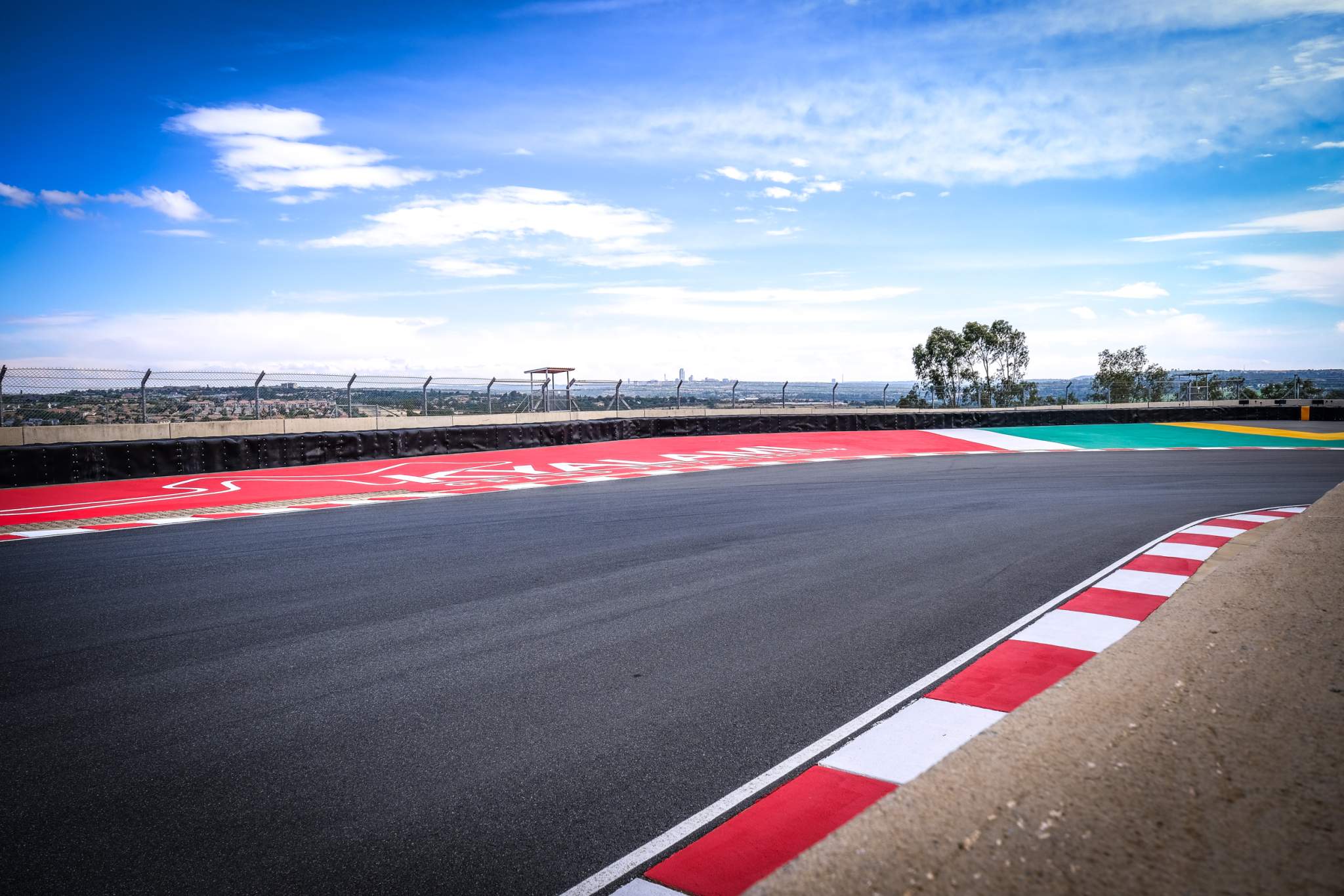Tesla Faces Legal Hurdles as Judge Allows Autopilot Defect Lawsuit to Proceed
Judge's ruling in Florida paves the way for punitive damages claims against Tesla.
In a recent legal development, a judge in Florida has given the green light for a lawsuit against Tesla, including CEO Elon Musk and other executives, to proceed. The judge ruled that there is “reasonable evidence” suggesting that Tesla was aware of defects in the Autopilot advanced driver assistance system but allowed the operation of vehicles in an unsafe manner, as reported by Reuters.
Key Takeaways:
- Judge Reid Scott’s ruling allows punitive damages claims against Tesla, alleging intentional misconduct and gross negligence.
- The lawsuit is related to a 2019 fatal crash involving a Tesla Model 3 in Miami, where the car collided with an 18-wheeler truck.
- The judge referred to a 2016 promotional video by Tesla that depicted autonomous driving, highlighting discrepancies between the video and the system’s actual capabilities.
The legal proceedings in question stem from a tragic incident that occurred just north of Miami in 2019. A Tesla Model 3 collided with the trailer of a turning 18-wheeler truck, resulting in the car’s roof being sheared off and the unfortunate death of its owner, Stephen Banner. Originally scheduled for a trial in October, the case now awaits rescheduling.
Judge Scott referenced a promotional video from 2016, released by Tesla, which showed one of the company’s electric vehicles driving without human intervention. The video included a disclaimer stating that the driver was present for legal reasons and not actively controlling the car, suggesting full autonomy. The judge noted that the video did not indicate that it was aspirational or that such technology did not exist at the time, raising questions about Tesla’s marketing practices.
In the ruling granting permission for the plaintiff to proceed with the trial, the judge emphasized that Banner’s wife deserved the chance to argue before the jurors that the warnings presented by Tesla in its manual and “clickwrap” agreement fell short. The judge articulated:
“It would be reasonable to conclude that the Defendant Tesla through its CEO and engineers was acutely aware of the problem with the ‘Autopilot’ failing to detect cross traffic.”
Furthermore, the judge brought up the same video in a prior court case, where Ashok Elluswamy, Tesla’s Autopilot Software director, acknowledged that the promotional clip was staged and that the system did not possess the capabilities depicted in the video at that time.
This recent ruling poses a significant setback for Tesla, which had previously achieved victories in two product liability trials in California related to the Autopilot system. As the lawsuit progresses, it will be closely watched by both Tesla supporters and critics, as it may have far-reaching implications for the future of autonomous driving technology.
In summary, a judge’s ruling in Florida has allowed a lawsuit against Tesla regarding Autopilot defects to proceed, potentially leading to punitive damages claims. This legal development highlights discrepancies between Tesla’s marketing materials and the actual capabilities of its Autopilot system.


